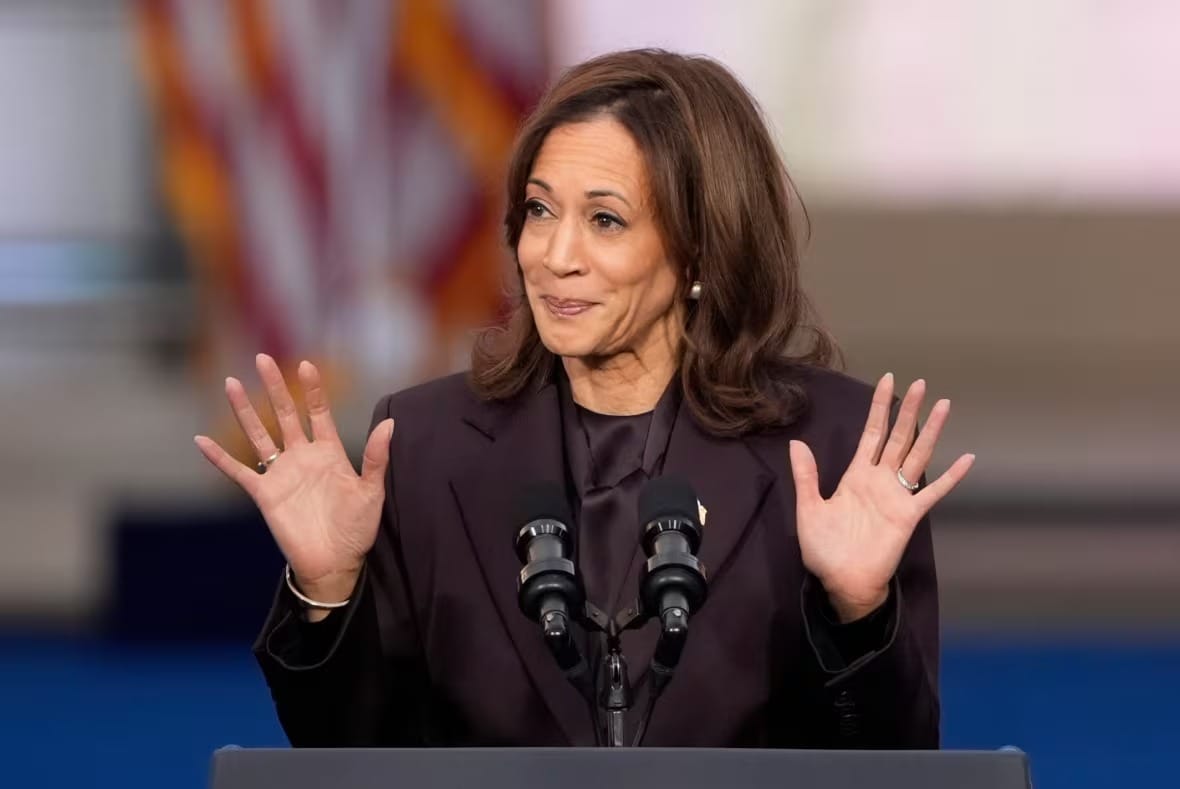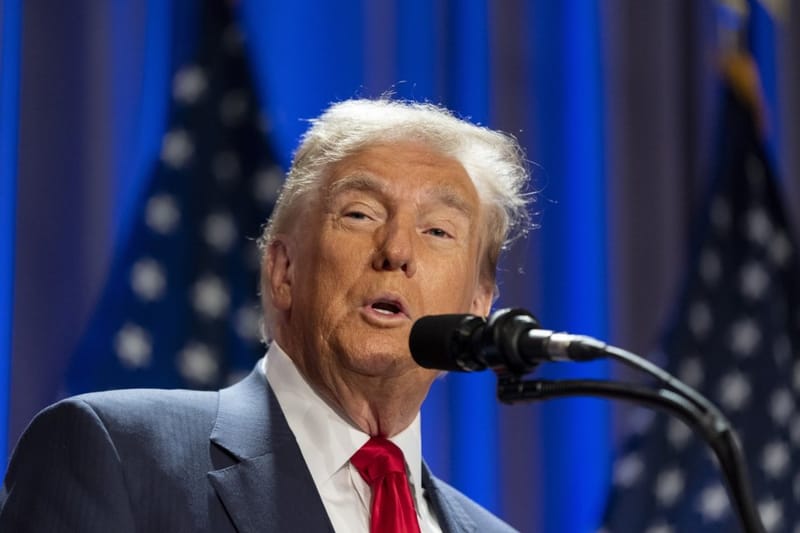'Not what we wanted, not we fought for': Harris officially concedes defeat to Trump
Trump will be president again and the Republicans control the Senate. The House hangs in the balance

World leaders began reaching out to U.S. president-elect Donald Trump on Wednesday after it became clear that he had secured the necessary electoral votes to win the presidency. His Democratic rival, Kamala Harris, formally conceded the race that afternoon.
The election results confirmed that Trump, at 78 years old, would return to the Oval Office for a second non-consecutive term, making him only the second U.S. president to achieve this. Additionally, he will be the first convicted felon to hold the nation's highest office.
In her concession speech, Harris, the current U.S. vice president, acknowledged the defeat but emphasized that the fight for the values her campaign championed would continue. "The outcome of this election is not what we wanted, not what we fought for, not what we voted for," Harris told supporters at Howard University in Washington. "But hear me when I say … the light of America's promise will always burn bright, as long as we never give up and as long as we keep fighting."
While Harris pledged support for a peaceful transfer of power to Trump, she made it clear that although the election results had not gone in her favor, the fight behind her campaign was far from over.
President Joe Biden, meanwhile, congratulated Trump on Wednesday and invited him to the White House for discussions on the transition. Trump expressed his appreciation for Biden’s call through his communications director, Steven Cheung.
Trump received congratulatory messages from several global leaders, including those of Britain, Canada, France, India, Turkey, Saudi Arabia, and Israel. Chinese President Xi Jinping also reached out, along with Australian Prime Minister Anthony Albanese and Japanese Prime Minister Shigeru Ishiba, both of whom spoke to Trump on Thursday. Ukrainian President Volodymyr Zelenskyy, reflecting on the relationship between the two leaders, praised Trump’s approach to international affairs, particularly his "peace through strength" philosophy.
Trump's victory was solidified early Wednesday when swing state Wisconsin, with its 10 electoral votes, was called for him, pushing him over the 270 electoral votes needed to win the presidency. He also claimed Michigan, Georgia, North Carolina, and Pennsylvania, while the results in Arizona and Nevada were still pending.
"Look what happened. Isn't this crazy?" Trump said to supporters in West Palm Beach, Florida, after Pennsylvania was called. "I want to thank the American people for the extraordinary honor of being elected your 47th president."
This year's election featured several dramatic moments, including Trump surviving an assassination attempt in July and Biden’s subsequent withdrawal from the race. This opened the way for Harris to take Biden’s place as the Democratic nominee. Despite concerns about Biden’s age and capacity for the role, Trump will become the oldest U.S. president when he is inaugurated on January 21, 2025.
In addition to reclaiming the presidency, Trump will enter office with Republican control of the Senate, which could aid his policy agenda. However, control of the House of Representatives remained uncertain as of Wednesday evening.
Trump's improbable return to office carries significant implications, both domestically and internationally. His previous term, marked by his two impeachments and the Capitol riots in January 2021, did not deter enough voters, especially with his promises to strengthen the economy and address issues such as immigration and trade. His victory also holds international significance, particularly regarding the ongoing conflicts in Ukraine and the Middle East, and his potential imposition of tariffs, especially on Canadian goods.
Trump's foreign policy agenda includes significant changes to NATO relations and a reevaluation of U.S. aid to Ukraine, which has already sparked concerns. Meanwhile, at home, issues like inflation and border security were top concerns for many voters. About half of Trump voters indicated that inflation was their main concern, while others were focused on immigration at the southern border.
Trump’s victory was also influenced by his appeal to religious voters, and his economic promises, including plans for sweeping tax cuts, tariffs on imported goods, and changes to environmental policies, resonated with many. Following the results, the American dollar surged, and U.S. stock futures reached new highs, reflecting investor optimism in the wake of Trump’s victory.





